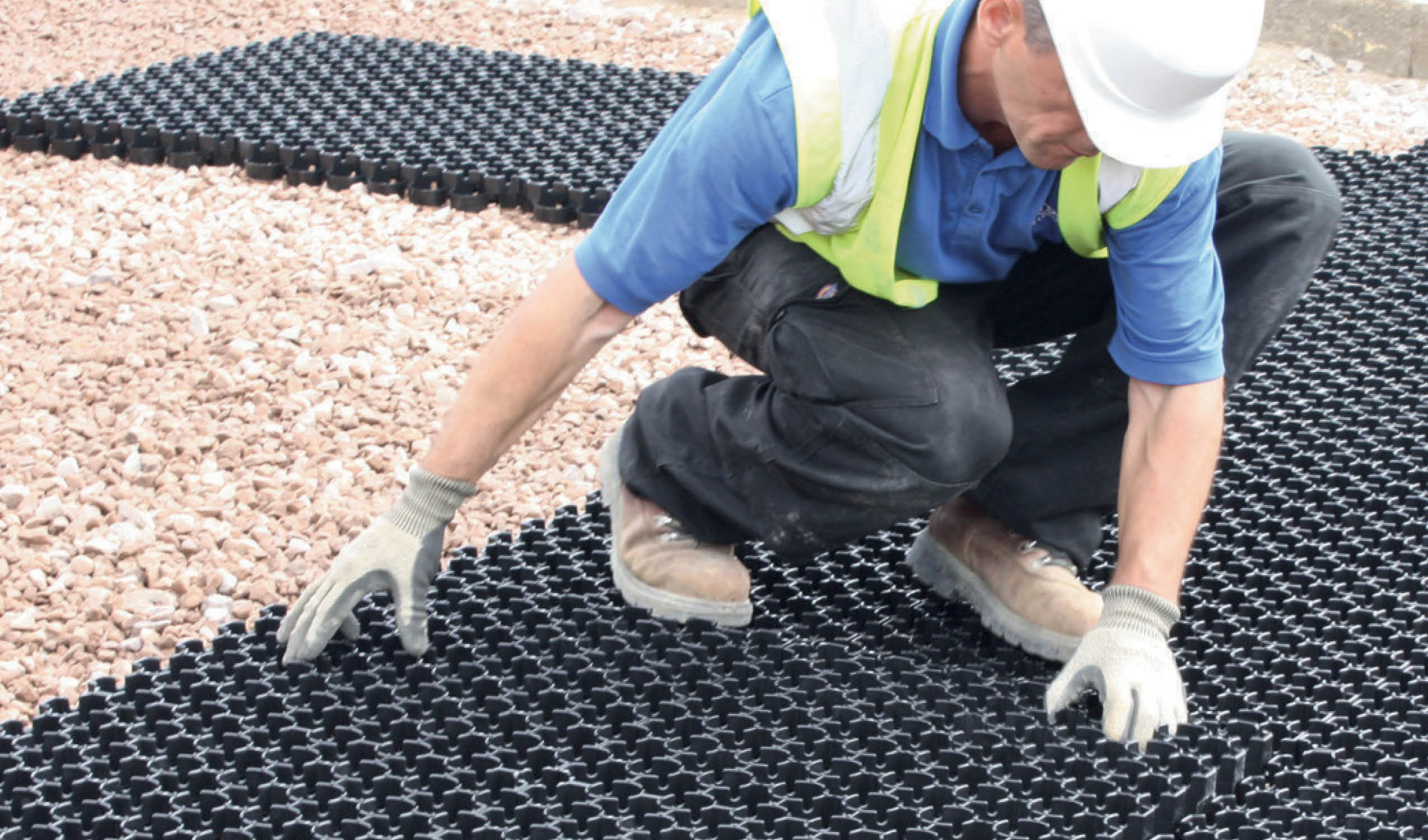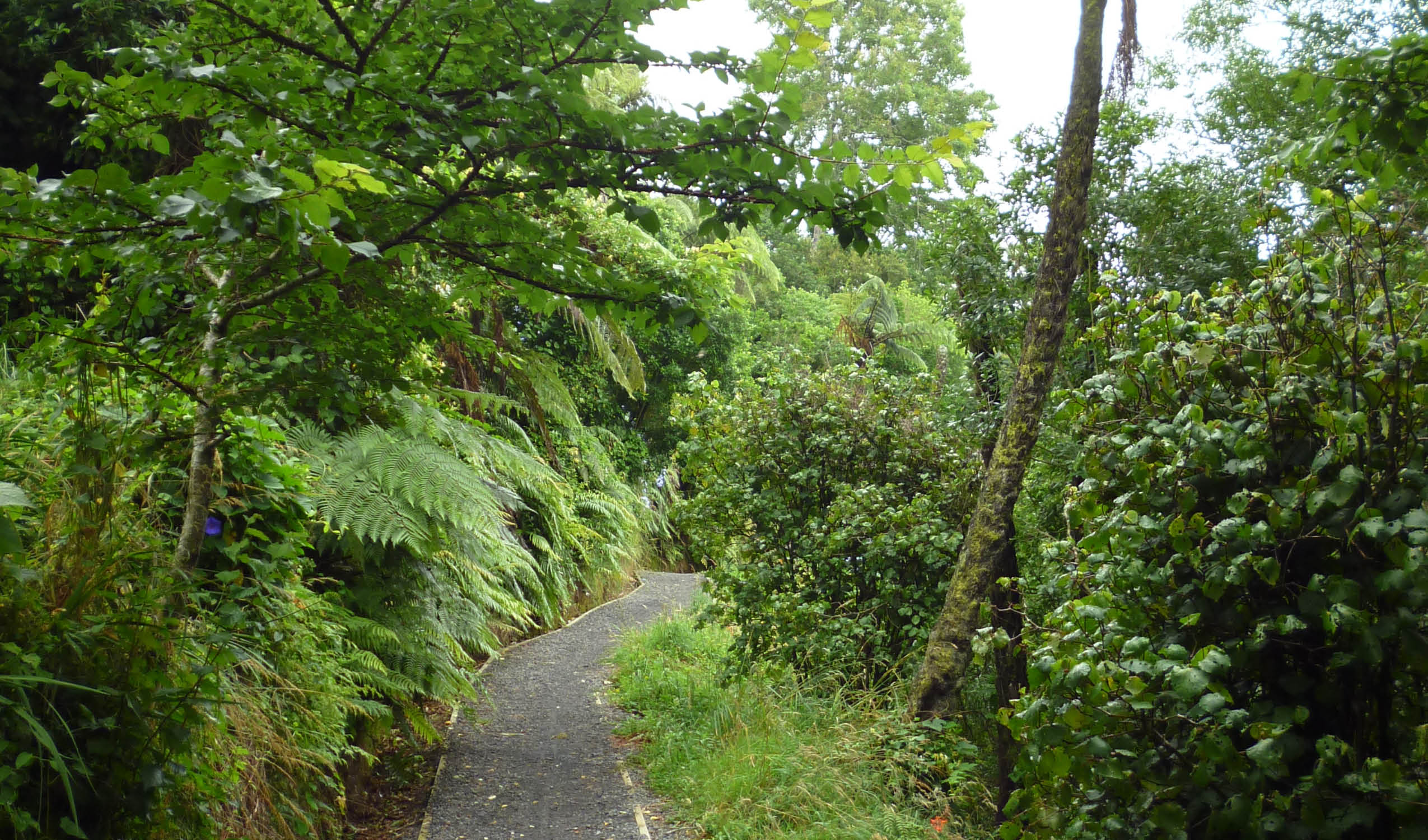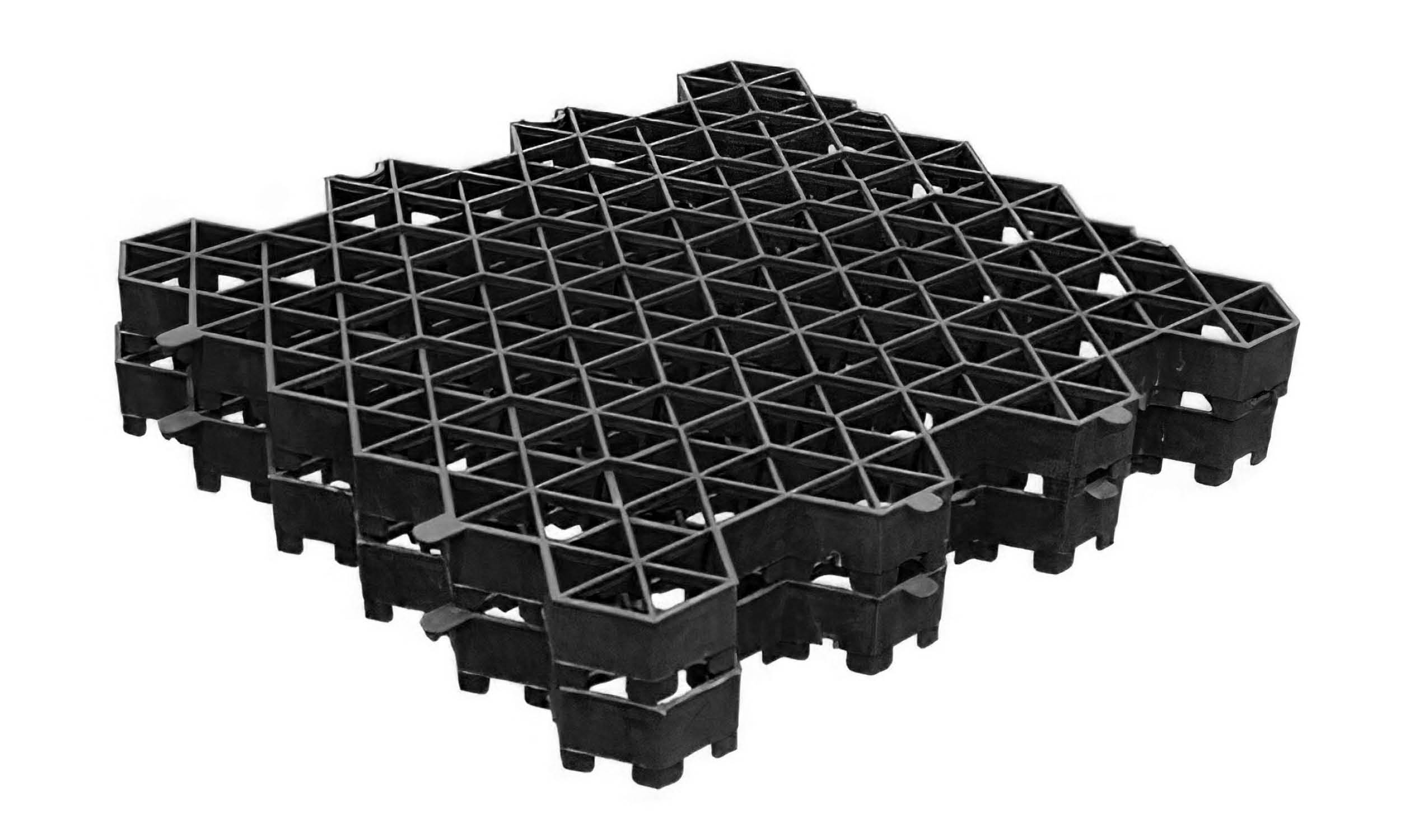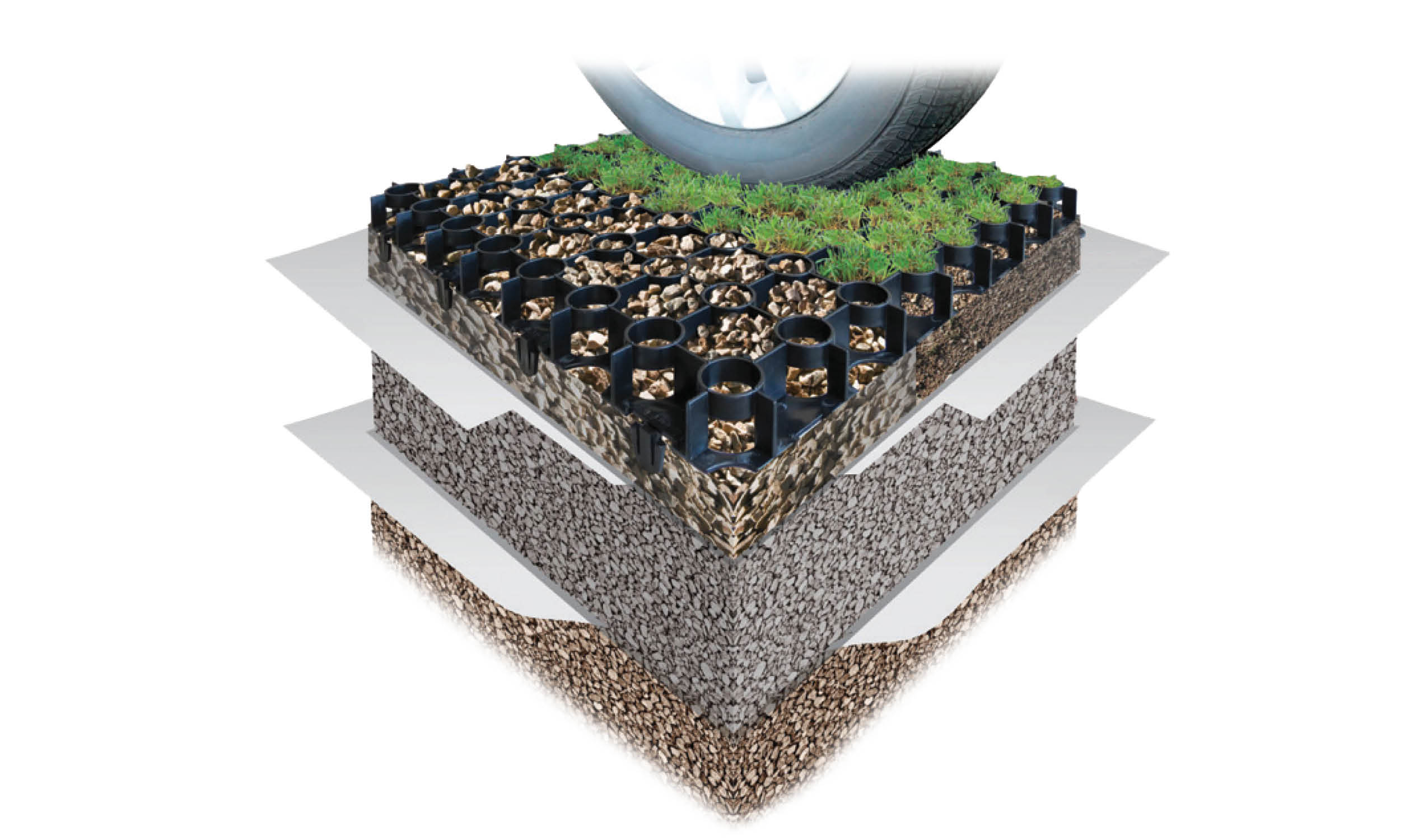- Track your orders
- Save your details for express checkout
- Join our loyalty points scheme and receive points and future discounts with every purchase
In a world where sustainable and eco-friendly construction practices are gaining increasing importance, TerraPave porous pavers have emerged as a versatile and environmentally responsible solution for a range of applications. These innovative pavers are designed to address various challenges related to stormwater management, erosion control, and green urban design. In this blog, we will explore the concept of TerraPave porous pavers, their uses, and the numerous benefits they offer to both the environment and communities.
 |
What Are TerraPave Porous Pavers?
TerraPave porous pavers, often referred to as permeable pavers, are a type of paving material designed to allow rainwater to permeate through them into the ground beneath. Unlike traditional impermeable surfaces like asphalt or concrete, which lead to water runoff, porous pavers are characterised by their interconnected void spaces that enable water to infiltrate naturally.
The Uses of TerraPave Porous Pavers
Stormwater Management: One of the primary uses of TerraPave porous pavers is stormwater management. In urban and suburban areas, impermeable surfaces can cause stormwater runoff, which can lead to flooding, erosion, and pollution of water bodies. Porous pavers provide an effective solution by allowing rainwater to percolate into the ground, reducing the strain on stormwater drainage systems.
Erosion Control: TerraPave porous pavers are excellent for preventing soil erosion. They stabilize the soil, reducing the impact of heavy rains and the consequent loss of topsoil. This is particularly valuable in areas prone to erosion, such as slopes, riverbanks, and coastal regions.
Sustainable Landscaping: Incorporating TerraPave porous pavers into landscaping projects promotes sustainability and enhances green spaces. These pavers can be used for driveways, walkways, patios, and other hardscape features, allowing vegetation to thrive between them, contributing to a more natural and aesthetically pleasing environment.
Parking Lots and Roads: TerraPave porous pavers are also suitable for parking lots and low-traffic roadways. By using these pavers in such applications, developers can reduce the need for extensive stormwater management systems while maintaining a durable and functional surface.
 |
Benefits of TerraPave Porous Pavers
Reduced Stormwater Runoff: The most significant advantage of TerraPave porous pavers is their ability to reduce stormwater runoff. This minimises the risk of flooding, improves water quality, and lessens the burden on municipal stormwater infrastructure.
Improved Water Quality: As rainwater infiltrates through the porous pavers, it undergoes natural filtration, which removes pollutants and sediments. This leads to enhanced water quality in nearby water bodies.
Mitigation of Heat Island Effect: Porous pavers have a cooler surface temperature compared to traditional asphalt or concrete. This helps mitigate the urban heat island effect, making them a valuable asset in urban planning.
Soil Stabilisation: TerraPave porous pavers effectively prevent soil erosion, making them a valuable tool for protecting natural landscapes and infrastructure from the damaging effects of rainwater.
Enhanced Aesthetics: The incorporation of vegetation between porous pavers can create visually appealing, eco-friendly landscapes that contribute to a greener urban environment.
TerraPave porous pavers are a sustainable and versatile solution for addressing various environmental and urban planning challenges. Their ability to manage stormwater, prevent erosion, and promote sustainability makes them a valuable addition to modern construction and landscaping projects. By embracing these innovative pavers, communities can play a vital role in reducing environmental impact and creating more sustainable, resilient, and visually appealing urban spaces.
 |
 |